
Data and Media Communication Concentration (DMC)
An Interdisciplinary Concentration for HKBU Computer Science and Journalism Students
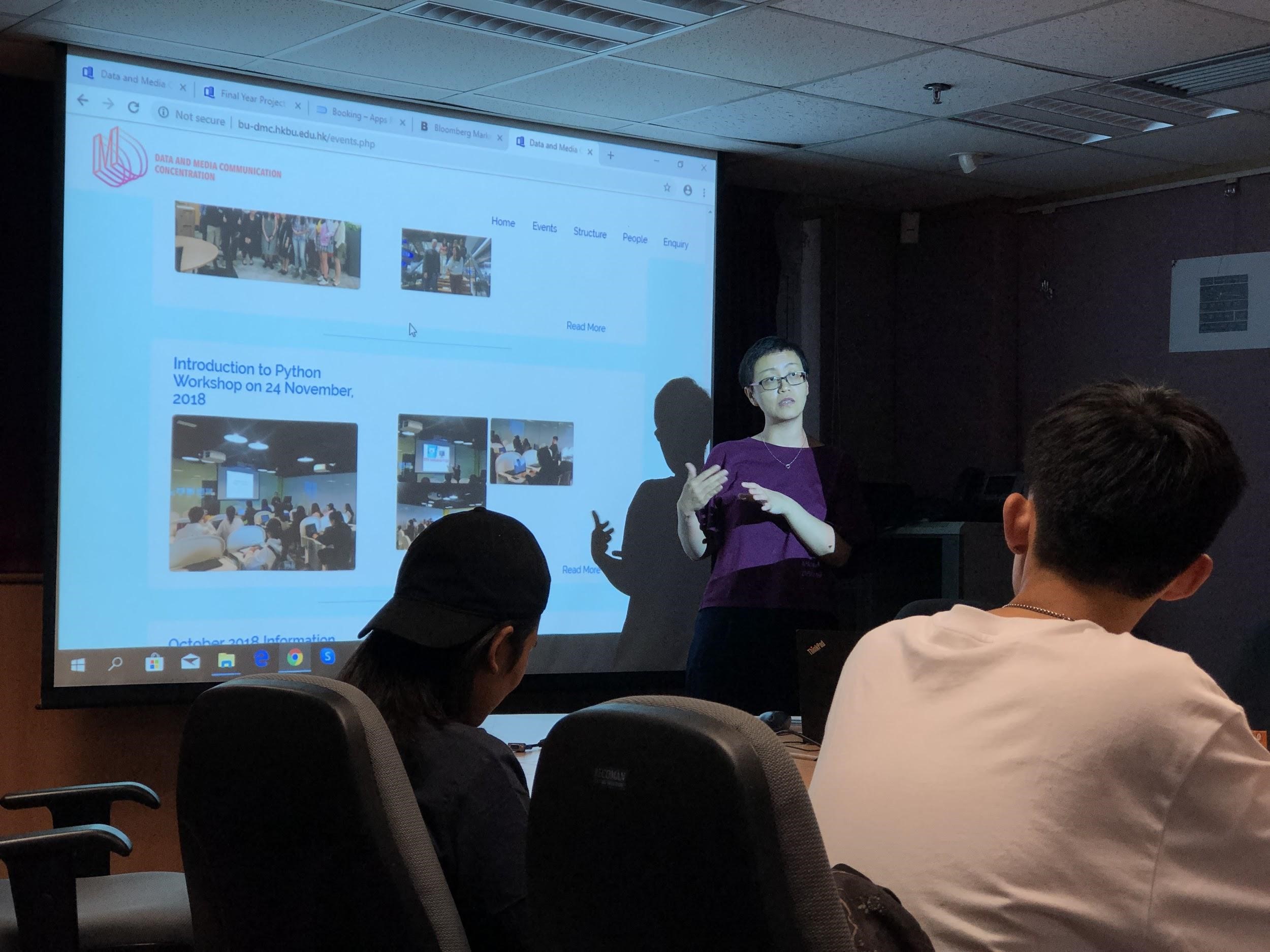
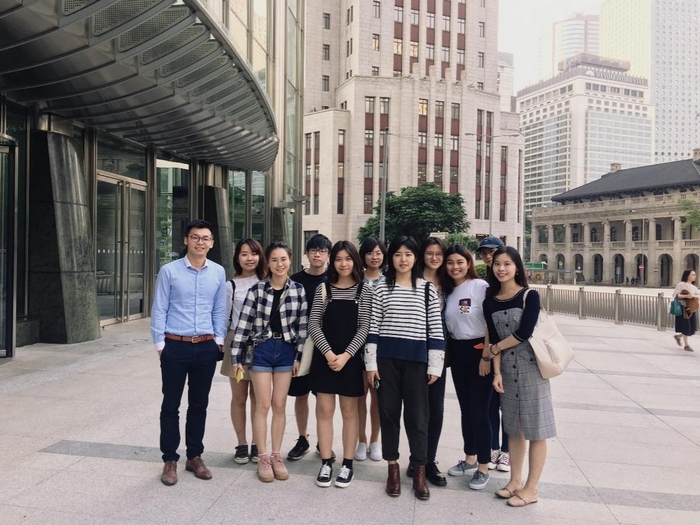
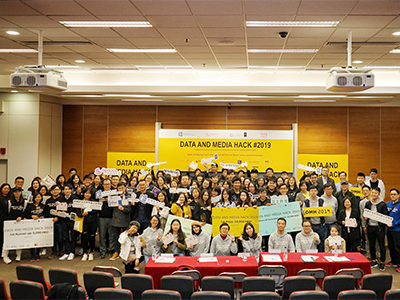
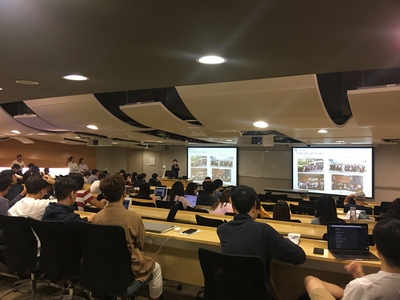

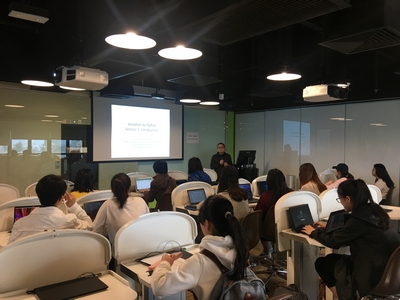
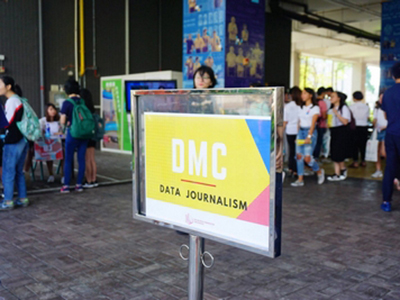
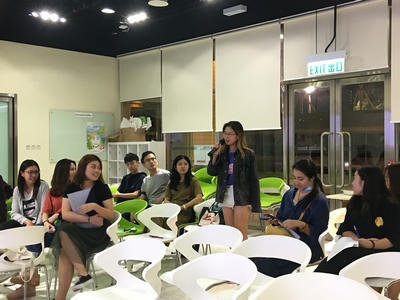
This new interdisciplinary concentration aims to provide specialized data analytics and journalistic education and training to students. On top of general computer science training, students will be required to take a set of carefully designed courses offered by both Department of Computer Science (COMP), Faculty of Science and Department of Journalism (JOUR), School of Communication. Upon completion of this concentration, students will be able to make use of data collected from various sources according to the journalistic practices to produce analytics, solutions and insights for media organizations and other related fields.
Double Concentration Option
Computer Science students from the following concentrations are eligible to take DMC as a second concentration:
Stream Option
From 2022/23 entry onwards, Journalism students of DMC concentration are eligible to take either Financial Journalism Stream or General Stream. Students who wish to specialise in financial journalism will take one writing course, two theoretical courses, two FJ practicum courses and an internship. Students interested in General Stream will take one writing course, two practicum courses and two elective courses.
HKBU(JOUR)-UQ Double Degree Programme
Journalism students of DMC concentration are eligible to apply for Hong
Kong Baptist University - University of Queensland Double Degree
Programme if they meet specific academic requirements.
Data and media communication is a new discipline as well as the latest trend in the industry. The future of news media lies in how we collect raw data from different sources, study and analyze them with various means including artificial intelligence, along with our journalistic skills and vision, and to tell stories with a unique journalistic approach and visualization design.
The Data and Media Communication Concentration is our answer to the growing demand for specialists in this area from the industry as well as the society. Hong Kong Baptist University is the first to implement such an undergraduate interdisciplinary concentration in Hong Kong, in the hope of combining what used to be two different disciplines, media communication and data science.
This Concentration includes 10 concentration-specific courses, with 21 credits. In order to equip students with the knowledge and skills in modern media industry, the programme will be delivered with the help of the latest data processing technology in the market. Along with the multi-dimensional training provided in the programme, students will be capable to serve in media organizations as well as others.
As to the two hosting departments of this new concentration, the Department of Computer Science under the Faculty of Science has been around for almost three decades. The Department is particularly strong in the areas of Databases, Computational Intelligence, Pattern Recognition, Machine Learning and Networking. For almost five decades, the Department of Journalism at the School of Communication and Film has nurtured many talents for the news industry. It is one of the important journalism education bases in Hong Kong.
The Data and Media Communication Concentration sets a new milestone in the development of Hong Kong Baptist University that strives to explore new frontier in the academic field, and respond to the needs of new kinds of expertise resulted from social changes.
Welcome to join us!
Dr. Bess Wang
Senior Lecturer,
Programme Director of Data and Media Communication
Bachelor of Communication (Hons.) in Journalism and Digital Media
Department of Journalism
School of Communication
Dr. Martin Choy
Senior Lecturer,
Concentration Coordinator of Data and Media Communication
Bachelor of Science (Hons.) in Computer Science
Department of Computer Science
Faculty of Science
Copyright © 2025. All Rights Reserved. Hong Kong Baptist University Privacy Policy
The information provided here is correct to the best of our knowledge at the time of writing. Please refer to our website for latest information. In case of discrepancy, the information provided by Hong Kong Baptist University prevails.